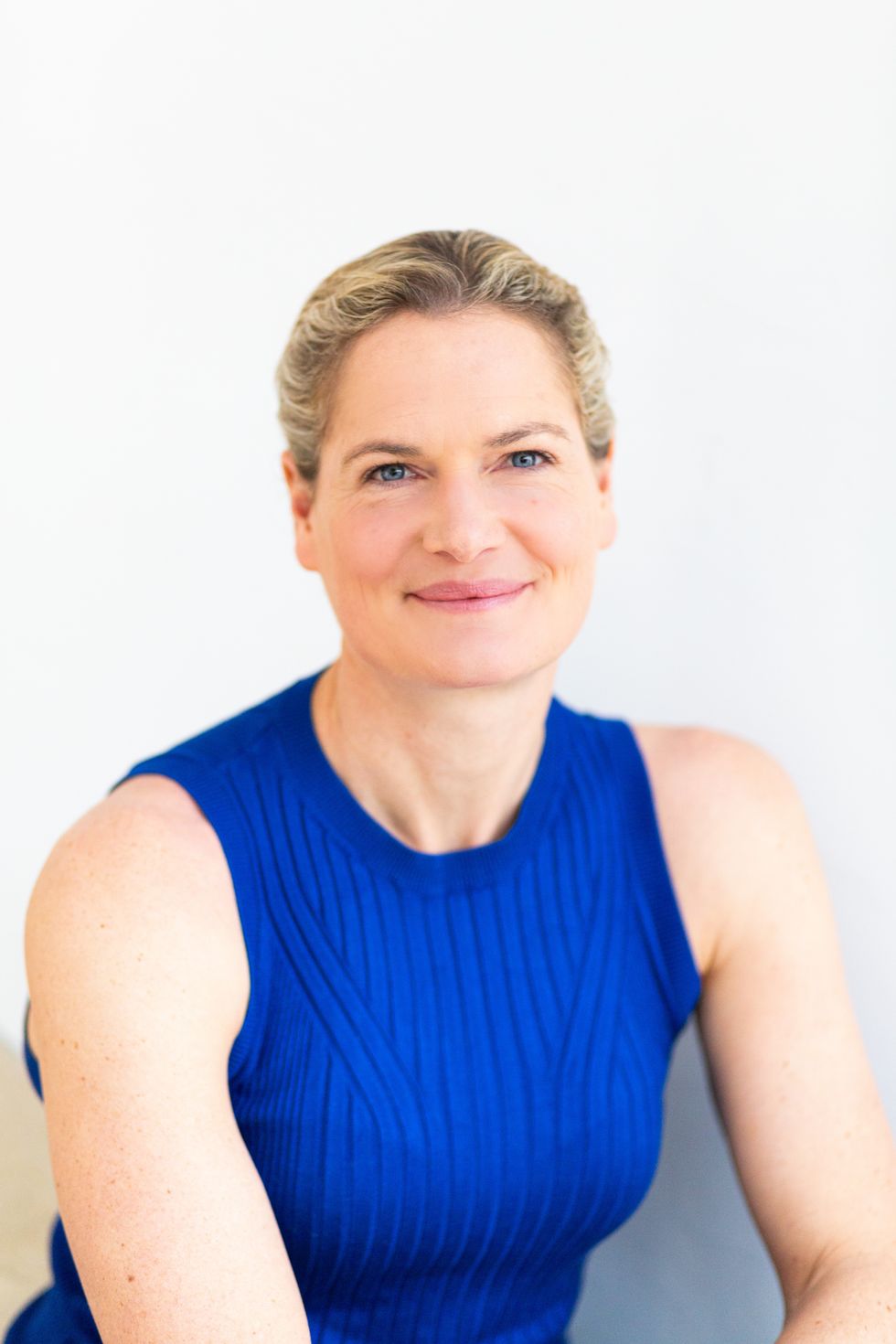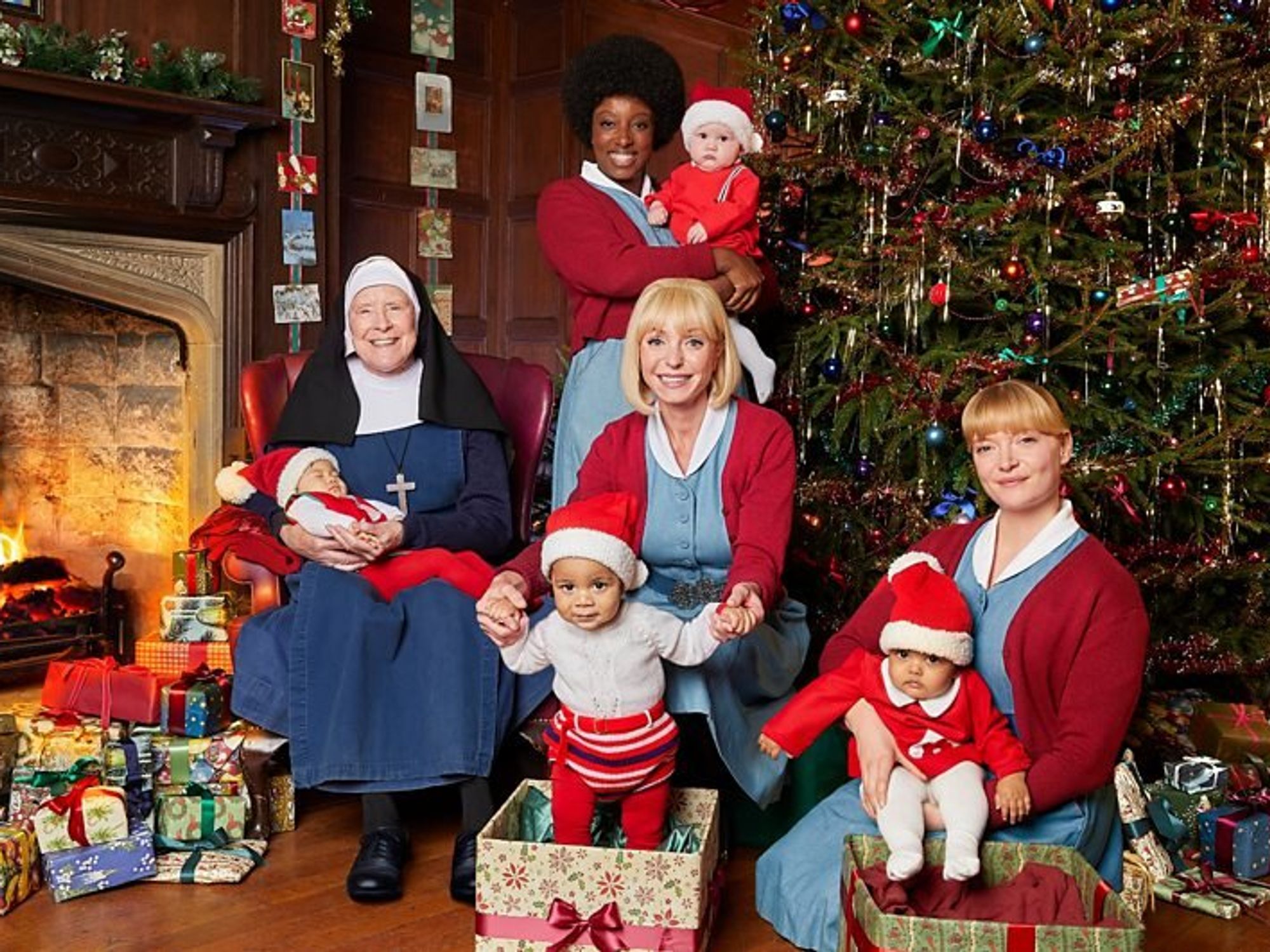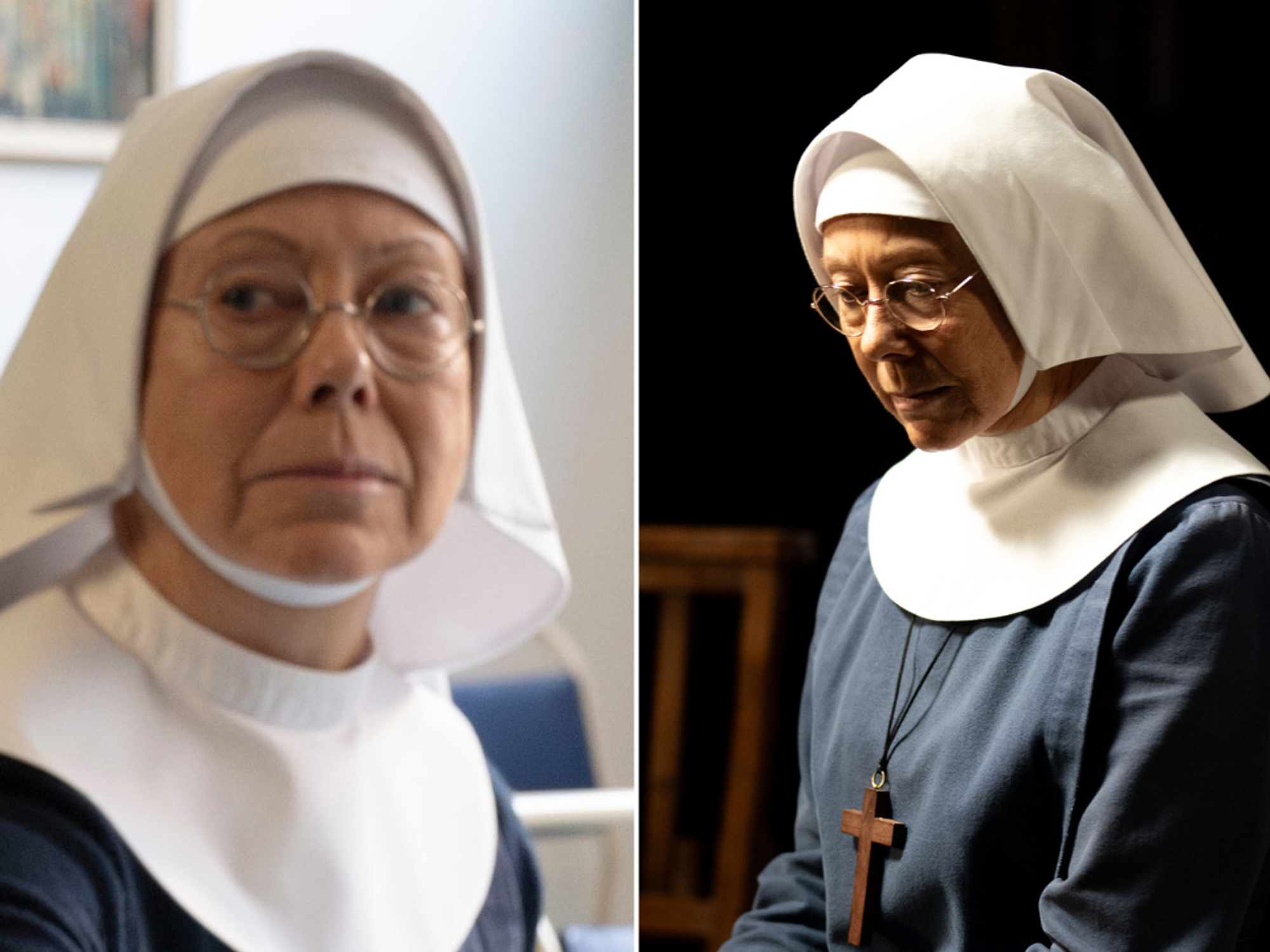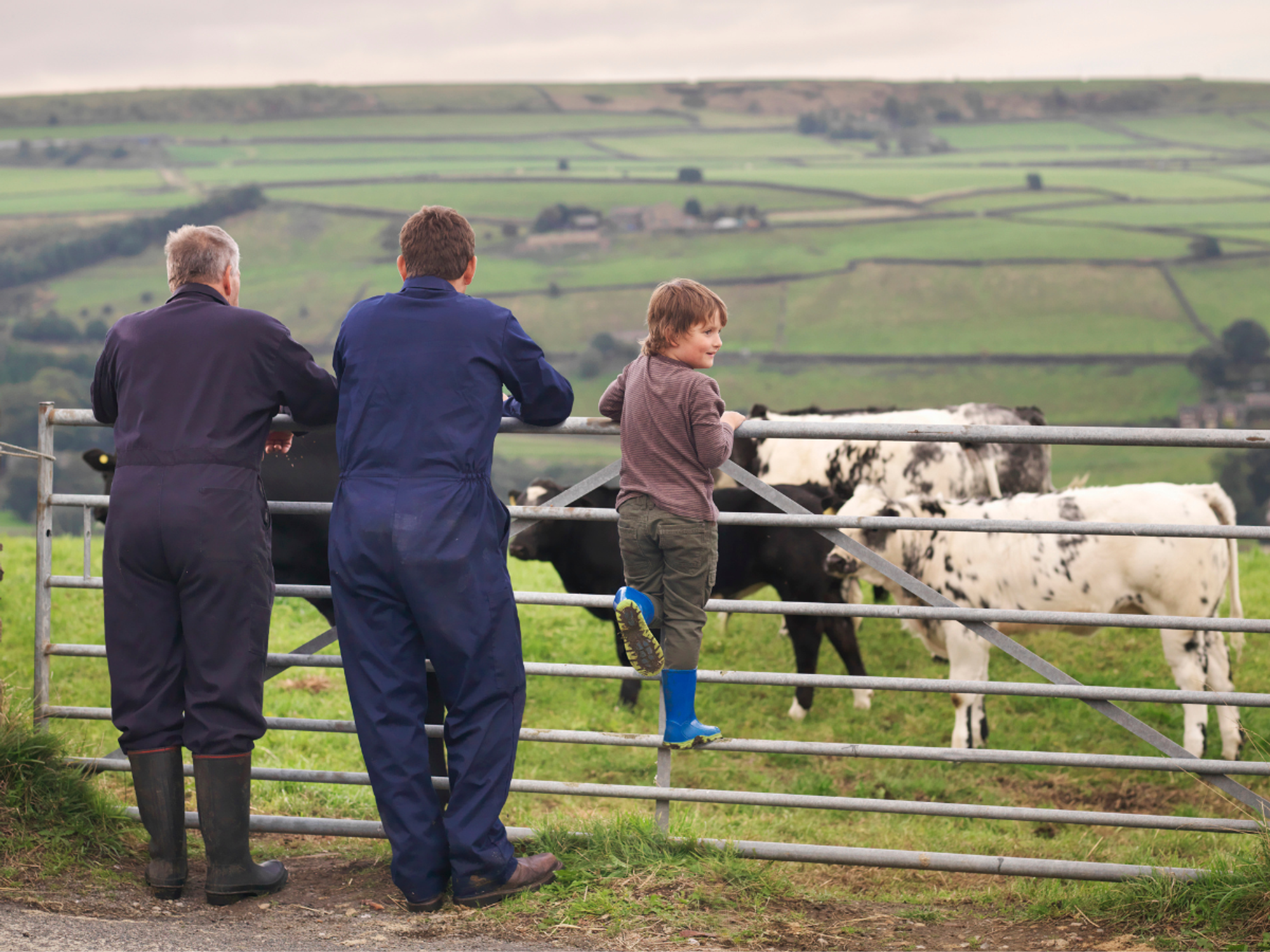Doctor shares the Christmas foods that can be 'major sleep disruptors' - 'affect your ability to fall and stay asleep'
The doctor explained what foods to avoid for your sleep
Don't Miss
Most Read
Over the festive period, we all indulge in foods that we do not typically have in our day-to-day lives.
Whether that be mince pies, Christmas puddings or gingerbread men, these delicious delights are always on offer but they do impose some possible impacts on our sleep patterns.
Sleep expert at Bensons for Beds, Dr Sophie Bostock, explained what people can do to stop tossing and turning during the night.
The doctor said: "Foods that are low in fibre and high in sugar, fat, and spices, may affect your ability to fall and stay asleep.

The doctor is a resident sleep expert
|BensonsForBeds
"Spicy foods can cause indigestion, while sugary treats spike your blood sugar, which could lead to restless sleep later.
"High-fat content, which is common in some Christmas market snacks, slows digestion, potentially triggering discomfort that can keep you awake."
Over the Christmas period, we are more likely to be consuming festive alcoholic beverages too and Dr Bostock shared these could also be a "major sleep disruptor."
She said: "While it might make you feel drowsy at first, alcohol fragments your sleep cycles and can lead to snoring.
"That is because it is a sedative, and it relaxes the throat muscles which can make the airway more likely to collapse, and make snoring worse."
The doctor advised what to do if you are planning on having some alcoholic drinks or foods which could influence your sleep.
She advised: "Take it easy on alcohol should help your sleep quality, but if you are planning on drinking, try to stop at least a few hours before bedtime.
"Similarly with food, while small, healthy, and slow energy-release snacks like wholewheat crackers or hummus before bed can kerb hunger, eating large meals or overly sugary, fatty, and high-carb treats too close to bedtime can cause acid reflux and disturbed sleep.
"Most adults need between seven and nine hours of sleep per night, and since 7:33 am is the average wakeup time in the UK, you should have better quality sleep if you stop eating before 8:00 pm."
LATEST DEVELOPMENTS

Not all Christmas foods will have a negative impact on your sleep pattern
| GETTYThe doctor did explain that not all Christmas foods are going to have a negative impact on your sleep pattern.
She said: "Foods that are richer in fibre and protein are associated with more time in deep sleep.
"We know that melatonin is important for sleep, and increasing the availability of its ‘building blocks’ (such as tryptophan and serotonin) and other co-factors in its production (such as vitamin B6, magnesium and zinc) may also be helpful for sleep, especially if you have a deficiency in any of these."
Fruits like pineapples and cherries promote melatonin. Bananas are rich in magnesium and potassium, which help your muscles relax and promote better sleep, while apples contain natural sugars and fibre to help stabilise blood sugar. Avocados are also rich in fibre and potassium.
The Christmas staple of turkey though does have its benefits for people's sleep patterns.
Dr Bostock said that turkey: "Significantly improves sleep efficiency... consuming a higher proportion of protein in the diet could enhance sleep quality in healthy adults."










